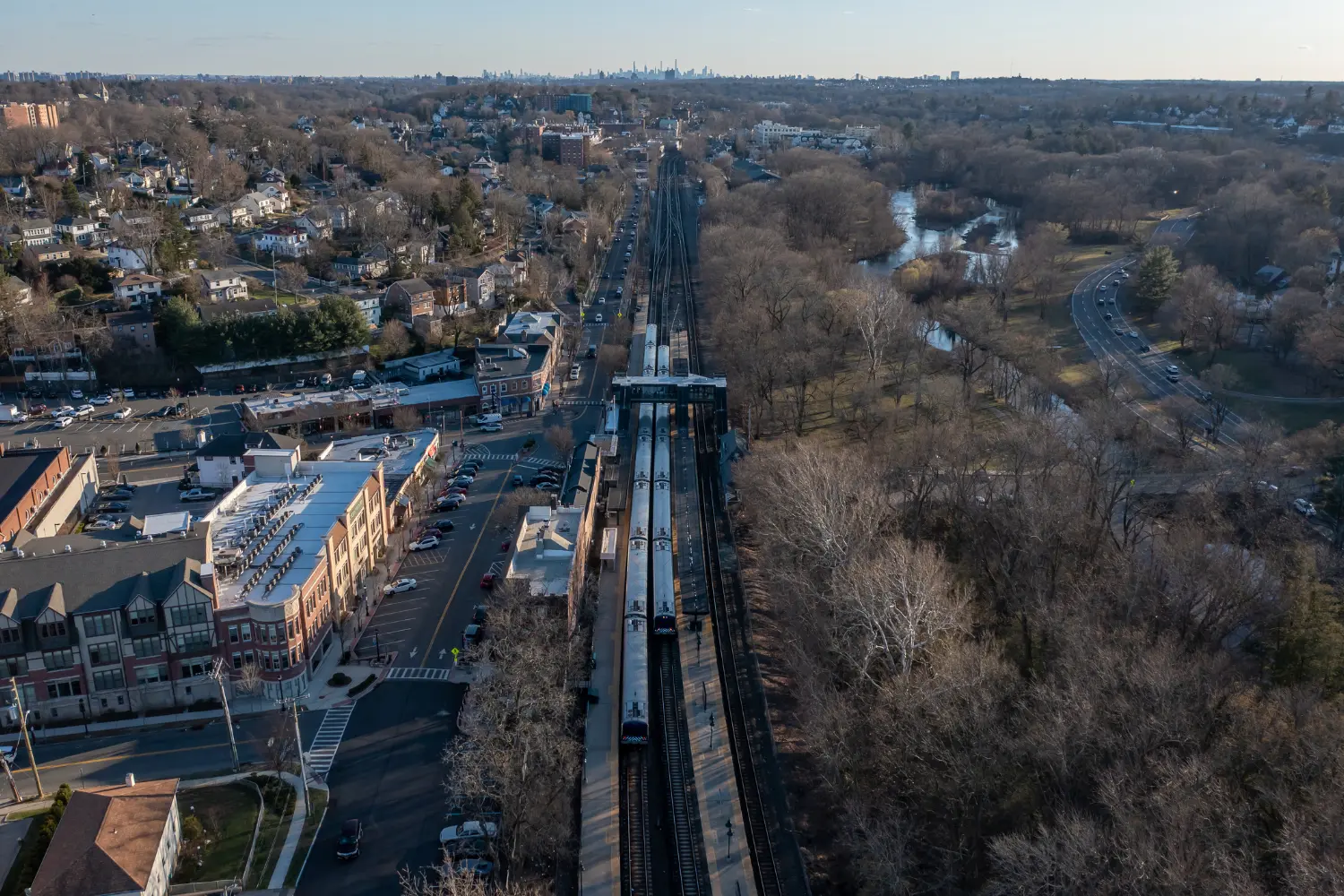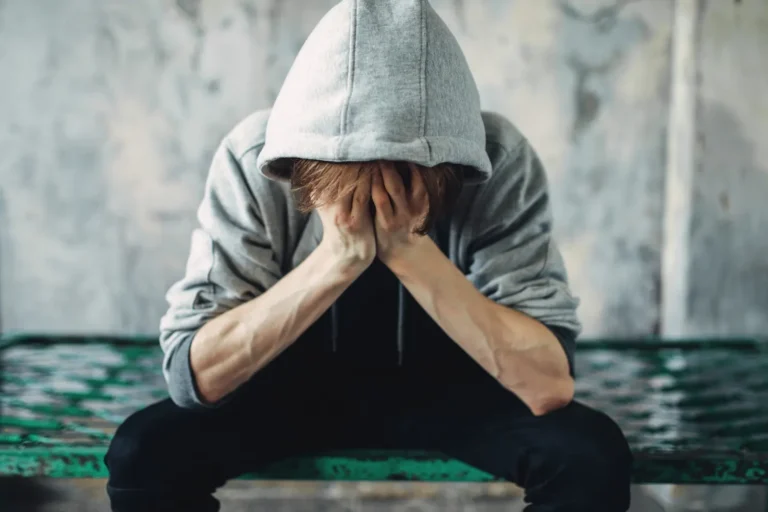
Drug Rehab in Westchester County, NY | Addiction Treatment Resources
Local Resources & Guidance to Help You Start Healing
If you are in the Westchester County area and need help now, call (631) 849-8686
There Is Hope For Those Struggling with Substance Use Disorders in Westchester County

Located in the Hudson Valley north of New York City, Westchester County is a vibrant area filled with upscale restaurants, charming coffee shops, and expansive parks. There’s plenty to see and do, including hiking in Bear Mountain State Park, touring the Rockefeller family’s opulent estate, Kykuit, and enjoying leisure activities on the Long Island Sound shoreline.
Unfortunately, some residents in Westchester County’s many cities, including White Plains, Yonkers, Mount Vernon, Bedford, and Ossining struggle with drug and alcohol addiction. Drug rehab in Westchester County, NY, offers help and hope for those struggling with substance abuse.
Types of Addiction Treatment in Westchester County
Substance abuse treatment options in Westchester County are individualized and provide tailored care to ensure you get the help you need. Here are some of the programs that drug rehab programs in Westchester County, NY, have to offer:
Withdrawal from substances can be intense and disruptive. Evidence-based, medication-assisted interventions in a medical detox environment can alleviate the symptoms of withdrawal and reduce the risk of relapse to keep you as safe and comfortable as possible.
Detox forms the foundation for rehab, but it’s not enough to address addiction on its own. Residential rehabilitation, also referred to as inpatient rehabilitation, helps to build the support systems necessary to sustain lasting recovery with 24/7 monitoring and support.
Healthcare professionals are at a risk for addiction because of their high-stress work and easy access to prescription medications. Programs tailored to this work offer customized treatment options that have been designed by healthcare professionals for healthcare professionals.
Support is important both during and after recovery. Continuing care provides ongoing mental and behavioral health sessions, training, and skill-building on an outpatient basis.
Medication may be necessary to manage cravings, reduce the risk of relapse, and break the addiction cycle. Depending on the nature of your addiction, medications or wellness-based solutions may be ideal for symptom management to help you focus on recovery.
The aftercare planning process is an important part of ongoing sobriety to ensure you have the support and resources you need for lasting recovery. This strategy helps you build a support network, develop accountability and coping skills, and learn where to turn if you need help.
How to Choose the Right Drug Rehab Center in Westchester County
Choosing the right addiction treatment center is a critical decision that can impact your recovery journey. Here are some key factors to consider:
- Accreditation and licensing: Accreditation ensures that a facility meets the specific standards of care and safety. Ensure that the treatment center you’re considering is accredited by state and national bodies.
- Treatment approaches: Different rehab centers may offer various treatment approaches, including medication-assisted treatment and wellness-focused programs. Choose a program that best aligns with your needs and preferences.
- Staff credentials: Make sure you research the qualifications and experience of the treatment center’s staff to ensure they have training in addiction treatment and offer compassionate, knowledgeable care.
- Levels of care: Consider the types of programs available, including detox, aftercare, and programs specific to different groups or needs, to ensure that you can get the level of care that can best address your addiction.
- Dual diagnosis treatment: If you struggle with a co-occurring mental health disorder like depression or anxiety, ensure that the treatment center provides integrated treatment for both substance use and mental health issues.
- Location: Staying close to home keeps you near your support system of family and friends, but a change of environment may be ideal to break away from addiction influences and get a fresh start.
- Cost and insurance: Make sure you evaluate your options for insurance coverage, treatment costs, and potential payment plans to understand the expenses associated with your treatment.
- Personal fit: It’s important to trust your instincts and choose a treatment center where you feel comfortable and supported. The environment should support recovery and prioritize respect and compassion.
Continuing Recovery Care & Sober Living Programs in Westchester County
Addiction treatment and commitment to recovery don’t stop after your treatment program is complete. Aftercare programs are an important part of building the skills for long-term sobriety, including stress-management training, relapse prevention strategies, and coping techniques to plan for your day-to-day life after substance use.
For many, a sober living home can be a big part of successful aftercare and establishing accountability. These communal living environments support long-term recovery and the transition into everyday life with house rules, household chores, mandatory meetings, and curfews. Westchester County has several sober living homes, recovery homes, and halfway houses to choose from, ranging from more practical accommodations to upscale options with high accountability expectations and amenities.
Contact Admissions TodayEmergency Services for Addiction in Westchester County
Substance use often comes with risks, so it’s crucial to understand where you can turn if the worst happens. Westchester County has numerous top-rated hospitals that can handle a substance-related crisis in an emergency like an overdose. Keep in mind that these hospitals should not be used as a substitute for addiction treatment.
Northern Westchester Hospital (24/7)
400 East Main Street
Mount Kisco, NY 10549
(914) 666-1200
Phelps Memorial Hospital Center (24/7)
701 North Broadway
Sleepy Hollow, NY 10591
(914) 366-3000
Lenox Hill Hospital (24/7)
100 East 77th Street
New York, NY 10075
(212) 434-2000
North Shore University Hospital at Northwell Health (24/7)
300 Community Dr
Manhasset, NY 11030
(516) 562-0100
Community Resources for Mental Health & Addiction
Department of Community Mental Health (DCMH)
Coordinates services for people with mental health issues and substance use disorders for New York residents.
Visit siteGreater Mental Health of New York
Direct care services, mental health advocacy, and mental health resources for New York residents.
Visit siteNAMI Westchester
Mental health resources and crisis counseling for Westchester County residents.
Visit siteWestchester Crisis Prevention & Response Team
988 Suicide and Crisis Lifeline
Alcoholics Anonymous
SMART Recovery
Refuge Recovery
Narcotics Anonymous
Narcan Classes and Overdose Prevention Training

Local Stats You Need to Know
The state of New York is struggling with the opioid crisis like much of the country. Westchester County is among the highest with 146 opioid deaths in 2022, or a rate of nearly 15 deaths per 100,000 population.[1] Though that’s a decrease from the previous year, it’s a concerning number that follows the national trends of drug-related deaths.
Westchester EMS had 531 naloxone uses in 2023 – an increase from 379 in 2022. Westchester also reported 1,708 opioid-related treatment admissions in 2022, down from nearly 2,000 the previous year.[2,3] With opioid-related drug overdose deaths spiking in New York, including Westchester County, the state considers the opioid epidemic a public health crisis.[4] In response, Westchester County launched an Opioid Response and Overdose Prevention Initiative (ORI) to combat rising overdose deaths.[5]

Sober Activities in Westchester County
Looking for fun things to do in Westchester County without drugs or alcohol? Here are some of the top sober attractions:
- Tour the home and grounds at Kykuit, the Rockefeller Estate.
- Visit Washington Irving’s Sunnyside home and explore the famous Sleepy Hollow Cemetery.
- Enjoy hiking and fishing at the Rockefeller State Park Preserve.
- Relax and take in the scenery at the Untermyer Gardens Conservancy.
- Take the kids to LEGOLAND Discovery Center.
- Get up close with wildlife at the Wolf Conservation Center.
Paying For Treatment in Westchester County

If you’re considering drug rehab in Westchester County, NY, the last concern you should have is how you’ll pay for it. Fortunately, there are resources to help with the cost of addiction treatment. As a medical treatment, many insurance providers offer full or partial coverage for addiction treatment programs. However, it may depend on your provider, policy, and the facility you choose.
Typically, insurance companies have in-network providers that offer healthcare services to insurance plan members. Choosing an out-of-network provider may mean you’ll have higher costs and more out-of-pocket expenses for your treatment. Be sure to evaluate your insurance options to understand your financial responsibility.
If you aren’t covered for addiction treatment or don’t have insurance coverage, you may be able to use alternative payment arrangements. Many facilities for rehab and detox in Westchester County offer installment plans, income-based fees, and other types of financial aid to help with treatment costs. You should also consider scholarships, grants, and state- or county-funded programs to help with addiction treatment.
Frequently Asked Questions About Attending Rehab in Westchester County
How do I know if I need drug rehab?
Addiction can be difficult to identify, but you may need rehab if your substance use has negatively affected your life, you struggle to quit substance use on your own, you have experienced withdrawal symptoms if you stop using a substance, or your friends and family have expressed concerns about your substance use. A professional assessment is the first step in determining the severity of your addiction and whether treatment is appropriate.
Will my addiction treatment be private?
Addiction treatment is healthcare, so it’s covered under the same privacy and confidentiality laws and regulations as other types of medical treatments. All aspects of your treatment are held in strict confidence.
How long will I be in drug rehab?
The length of your treatment depends on your individualized treatment plans. Typical stays are between 30 and 45 days for residential treatment with detox, but the full scope of your treatment could last months.
Start Your Recovery in Westchester County
Ready to take the next step? People are standing by to help.